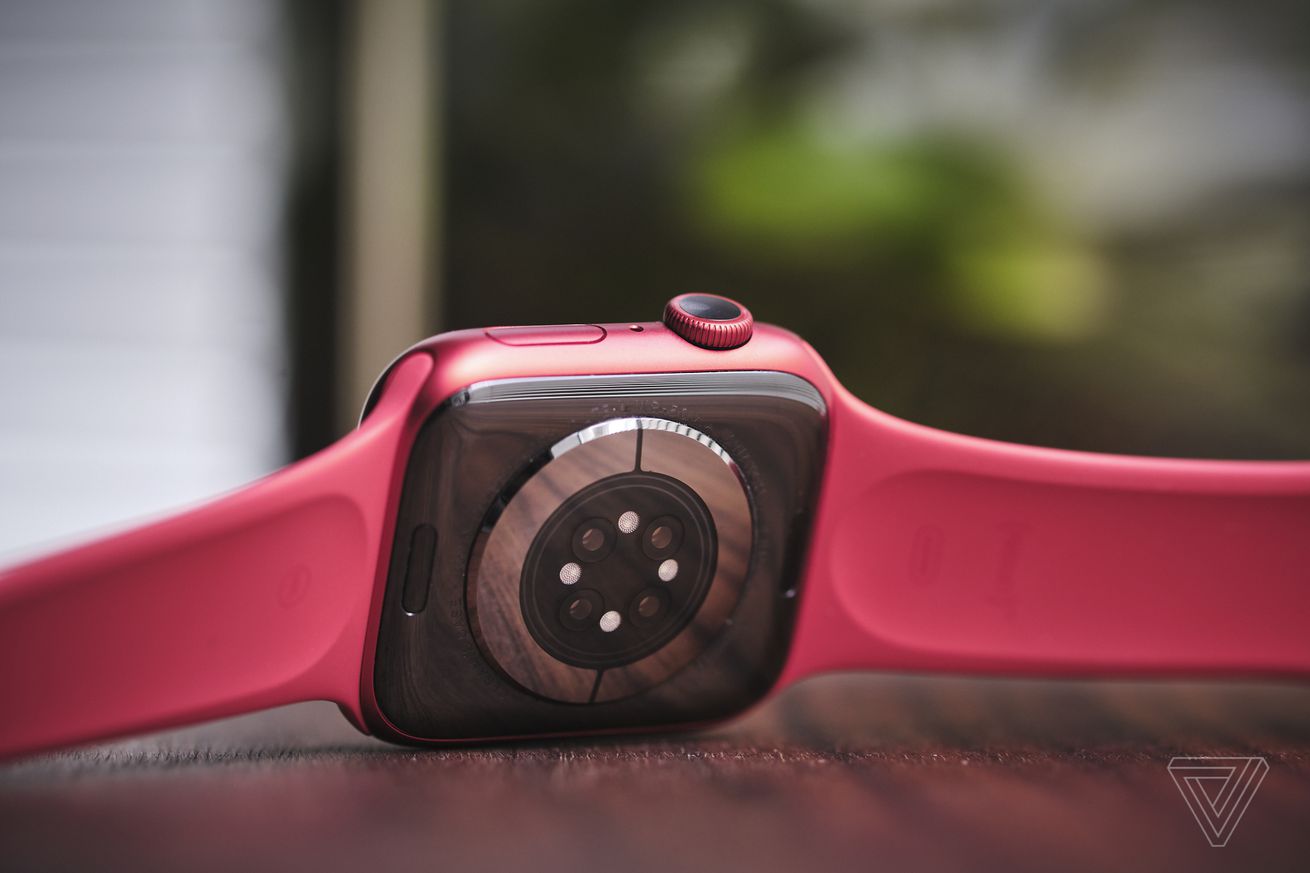
Biden won’t stop a potential ban on importing Apple Watches
Medical device maker AliveCor announced today that President Biden has upheld an International Trade Commission ruling that could result in a potential import ban on the Apple Watch over its EKG feature.
“We applaud President Biden for upholding the ITC’s ruling and holding Apple accountable for infringing the patents that underpin our industry-leading EKG technology,” AliveCor CEO Priya Abani said in a statement sent to The Verge.
Back in December, the ITC issued a final determination that Apple had infringed on AliveCor’s wearable EKG tech. In the ruling, the ITC recommended a limited exclusion order and a cease-and-desist order for Apple Watch models with EKG features. If enforced, that would mean that Apple would no longer be able to import Apple Watch with EKG capabilities into the US for sale.
According to Apple spokesperson Hannah Smith, the company will appeal the ITC’s decision to the Federal Circuit.
A veto from Biden would have rendered the issue moot. According to The Hill, while presidents generally don’t interfere with ITC rulings, in 2013, former President Obama vetoed a similar import ban after the ITC ruled that iPhones and iPads infringed on Samsung tech. It’s possible that Apple was hoping for history to repeat itself, as it reportedly amped up lobbying last week ahead of Biden’s decision.
Biden’s decision doesn’t mean every Apple Watch from the Series 4 to the Apple Watch Ultra (excluding both generations of the SE) is about to disappear off shelves. Apple’s Smith told The Verge the ITC’s ruling doesn’t have any real impact at the moment. That’s because the Patent Trial and Appeal Board recently ruled that AliveCor’s EKG tech isn’t actually patentable, and AliveCor would have to win its appeal to that ruling for any potential ban to take effect.
However, AliveCor isn’t the only medical tech company that’s seeking an import ban on the Apple Watch via the ITC. Masimo also sued Apple for allegedly infringing on five of its pulse oximetry patents. Last month, an ITC judge also ruled in Masimo’s favor and will decide whether a potential import ban is warranted in May. If so, that import ban would impact any Apple Watch with an SpO2 sensor (i.e., the Series 6 or later, excluding the SE.)
Patent battles aren’t new. Given the Apple Watch’s popularity and the size of Apple’s coffers, it’ll be surprising if an import ban actually materializes. What’s more likely is that AliveCor and Masimo — and other companies pursuing a similar route — are hoping to win a handsome licensing fee for Apple to use their patents.
Even so, that would also potentially set a legal precedent with wide-reaching implications for how wearable makers approach future health tech features, including blood pressure and blood glucose monitoring. These kinds of features are already time and resource intensive to develop due to FDA clearance procedures. Adding licensing and patent battles to the mix would add another layer of complexity. That’s not necessarily a bad thing, especially if it encourages greater competition within the space. It is, however, something to keep in mind the next time a wearable health feature isn’t quite as impressive as the rumors.

